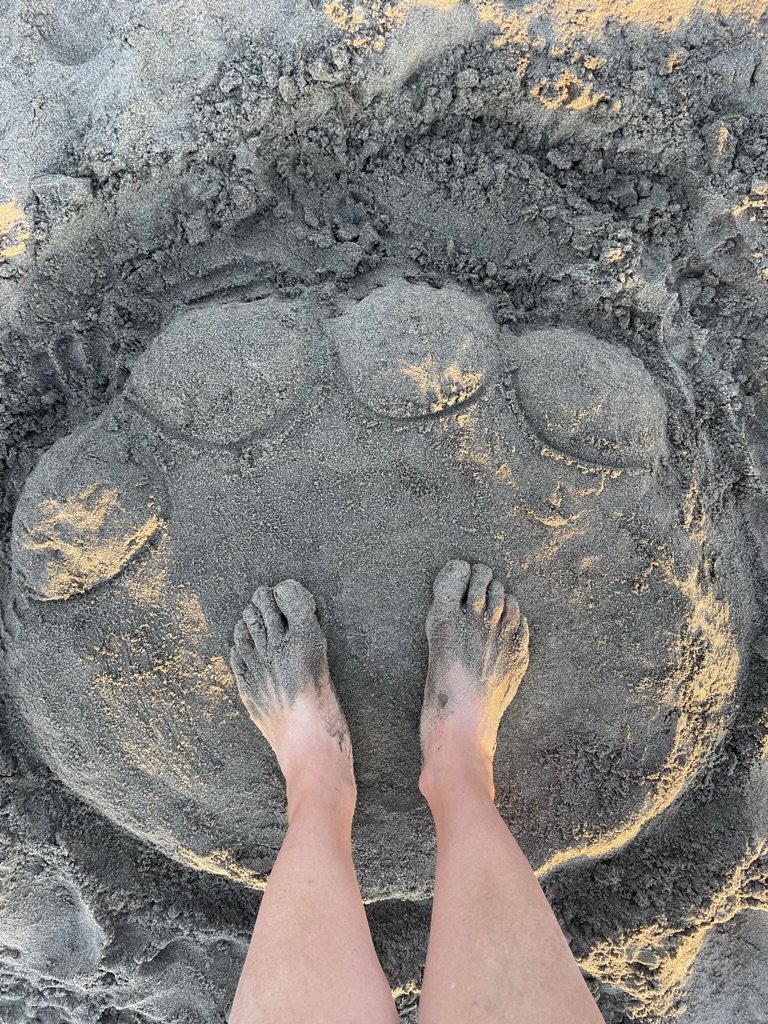Can Sensitivity Save Us?
I often hear the phrase “too sensitive” thrown around as some kind of admonishment or description of weakness. I have heard it used to describe teenagers, mothers, fathers, children. I watch people with this deeply sensitive nature learn how to cloak it, put it away, keep it hidden and sometimes build walls so tall and strong around it that even they forget it is there. The latter situation often seems to result in a person that exhibits almost the opposite of sensitivity, sometimes lashing out in anger or quick to deny or push away people or experiences that are more likely to lead to heightened emotion.
Rae and I were at an Animas Valley Institute Offering called Awakening Nooshperic Imagination: Experiential Cosmology, the Earth Community and the Human Soul this past July. During the incredibly profound and thought-provoking discussions about the unfolding of humanity over time, the guides began talking about the potential benefit to a species of having an extended adolescence like we humans do. This conversation led to Rae wondering about the large amount of anxiety, depression, and neurodivergence that our human population, especially our adolescents are experiencing at this time. What if, she wondered, these symptoms or differences are showing up in such large numbers because adolescents are, as some people have theorized, an “indicator species.” They are, by their biological design, more sensitive in many ways than humans are at other times of their lifespans.
In their paper “Is Adolesence a Sensitive Period for Socio-Cultural Processing?” Blakemore and Mills share, “Areas of the social brain undergo both structural changes and functional reorganization during the second decade of life, possibly reflecting a sensitive period for adapting to one's social environment. The changes in social environment that occur during adolescence might interact with increasing executive functions and heightened social sensitivity to influence a number of adolescent behaviors.”
This paper is one of many to talk about the heightened sensitivity of the adolescent period. It seems to me that a period such as this in a species’ development provides multiple possibilities for expansion as well as for overwhelm and shut down. What if we start to pull on the threads of that sensitivity? What if we name it, honor it, make space for it to show up and have an important seat at the table rather than treat it as something to cover up or hide?
Elephants have incredibly sensitive feet. A matriarch can sense a flash flood coming from 40 miles away by tuning into the vibrations in the earth through pads on her foot. What if she was repeatedly taught not to listen to that, that it was crazy, too much, “too sensitive?” Instead, the other elephants watch her, are tuned in to her movements and respond when she asks them to change locations rapidly.
It’s just a question, a wondering, but what happens when those sensitive indicator species, that might be picking up a lot of what is in the field, aren't given spaces to be heard, process, move through what they are sensing with wise guides? I think it’s possible we are seeing the fallout of that now. What if we could shift that? What would we learn from the deeply sensing if we welcomed that part of their nature rather than asking them to put it away?
References:
Is Adolescence a Sensitive Period for Sociocultural Processing?, Sarah-Jayne Blakemore and Kathryn L. Mills, Annual Review of Psychology 2014 65:1, 187-207
https://www.kqed.org/science/1926248/how-elephants-listen-with-their-feet

